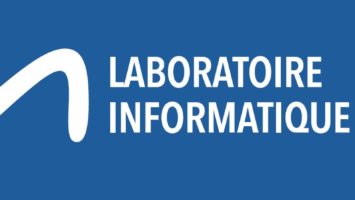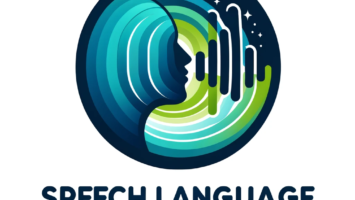PhD defense of Chaimaa Boudagdigue – 8 February 2023
Thesis presented at Avignon University to obtain the grade of doctor. Titre : Trust Models to secure Internet of Things networks Superviser: Abderrahim Benslimane Date: 15 March, 2023 at 14:00 Abstract: The Internet of Things (IoT) is a new paradigm where any device of everyday life can become part of the Internet. The device just needs to be equipped with a microcontroller, a transceiver and appropriate protocol stacks that make it able to communicate. IoT makes everyday devices intelligent and able to interact in a collaborative way in order to provide intelligent services in different fields such as: agriculture, industry, healthcare and many others. To achieve these objectives, IoT devices must manage confidential and privacy-related data of their users, which makes them very vulnerable to security threats. However, IoT devices do not have the necessary resources (energy, memory, processing, etc.) to implement strong security or to apply the traditional security measures based on cryptographic techniques usually deployed in traditional Internet. Moreover, the traditional security measures cannot ensure the reliability of the IoT networks, especially in the presence of internal attacks. Hence, our work consists in proposing a dynamic analytical trust management model where each IoT device in the network evaluates the trust Plus d'infos



